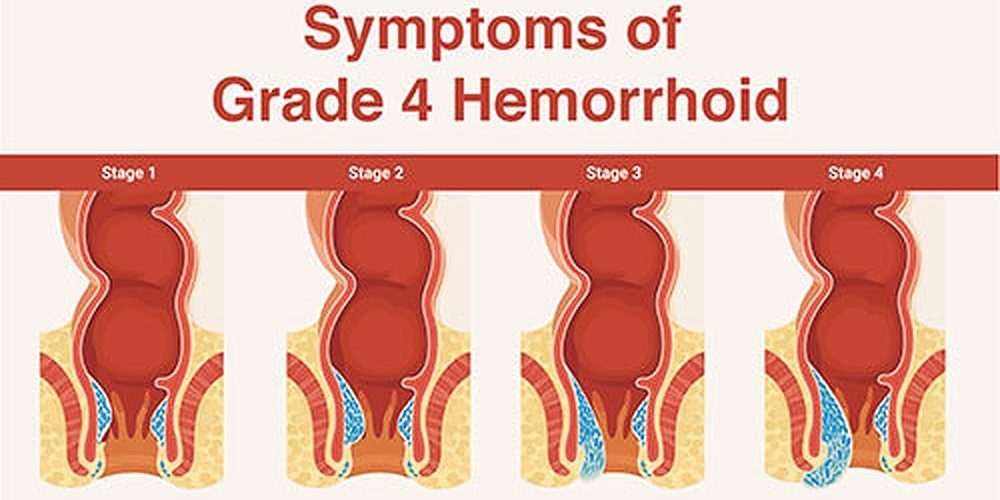Understanding Hemorrhoids: Causes, Symptoms, and Treatment Options
Hemorrhoids, though often a taboo topic, affect millions of people worldwide. These swollen veins in the rectum or anus can cause discomfort, pain, and even embarrassment. However, understanding the causes, symptoms, and treatment options can help manage this common condition effectively. In this blog post, we’ll delve into everything you need to know about hemorrhoids, including frequently asked questions.
What Are Hemorrhoids?
Hemorrhoids, also known as piles, are swollen veins in the lowest part of your rectum and anus. They can be internal, developing inside the rectum, or external, forming under the skin around the anus.
Causes of Hemorrhoids:
Several factors can contribute to the development of hemorrhoids, including:
- Straining during bowel movements
- Chronic constipation or diarrhea
- Obesity
- Pregnancy and childbirth
- Sitting for prolonged periods
- Aging
Common Symptoms:
Symptoms of hemorrhoids may vary depending on the type and severity but often include:
- Rectal bleeding, especially during bowel movements
- Itching or irritation in the anal region
- Pain or discomfort, especially during sitting or bowel movements
- Swelling around the anus

Treatment Options:
Treatment for hemorrhoids depends on their type and severity. Some common treatment options include:
- Lifestyle changes such as increasing fiber intake and staying hydrated
- Over-the-counter creams or suppositories to relieve symptoms
- Sitz baths (sitting in warm water) to reduce swelling and discomfort
- Procedures like rubber band ligation or sclerotherapy for more severe cases
- Surgery in rare and extreme cases
Frequently Asked Questions (FAQs):
1. What are the main causes of hemorrhoids?
Hemorrhoids can be caused by various factors, including straining during bowel movements, chronic constipation or diarrhea, obesity, pregnancy, prolonged sitting, and aging.
2. How do I know if I have hemorrhoids?
Common symptoms of hemorrhoids include rectal bleeding, itching or irritation in the anal region, pain or discomfort, and swelling around the anus.
3. Can hemorrhoids be treated at home?
Mild cases of hemorrhoids can often be managed at home with lifestyle changes such as increasing fiber intake, staying hydrated, and using over-the-counter creams or suppositories.
4. When should I see a doctor for hemorrhoids?
You should see a doctor if you experience severe or recurrent symptoms, excessive bleeding, or if you notice any changes in your bowel habits.
5. Are there any preventive measures for hemorrhoids?
Maintaining a healthy lifestyle, including a high-fiber diet, staying hydrated, avoiding prolonged sitting, and practicing good toilet habits, can help prevent hemorrhoids.
By providing comprehensive information about hemorrhoids, including common questions and answers, this blog aims to educate and empower readers to effectively manage this often uncomfortable condition. Remember, while home remedies and lifestyle changes may alleviate mild symptoms, consulting a healthcare professional for proper diagnosis and treatment is crucial for severe cases.
Also Read :
- Effective Strategies for Managing Chronic Pain: A Comprehensive Guide
- Coping Strategies for Anxiety and Depression: Practical Techniques for Mental Well-being
- What is the best diet for weight loss?
- 10 Soothing Yoga Poses for Stress Relief
- Mastering Stress: Effective Techniques for Americans to Find Balance
- Stress Less: Effective Strategies for Managing and Reducing Everyday Stressors
- Unlocking the Power of Quality Sleep: Strategies for Better Mental Health
- A Comprehensive Guide to Carbohydrates, Proteins, and Fats : Demystifying Macronutrients
- Embracing Plant Based Living: Tips and Delicious Recipes for a Vibrant Diet
Keywords: Hemorrhoids, piles, swollen veins, rectum, anus, causes, symptoms, treatment options, lifestyle changes, prevention, hemorrhoids cure, preventive measures for hemorrhoids.

